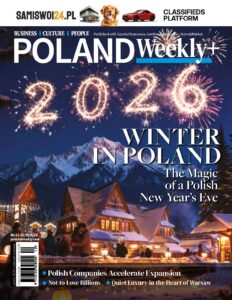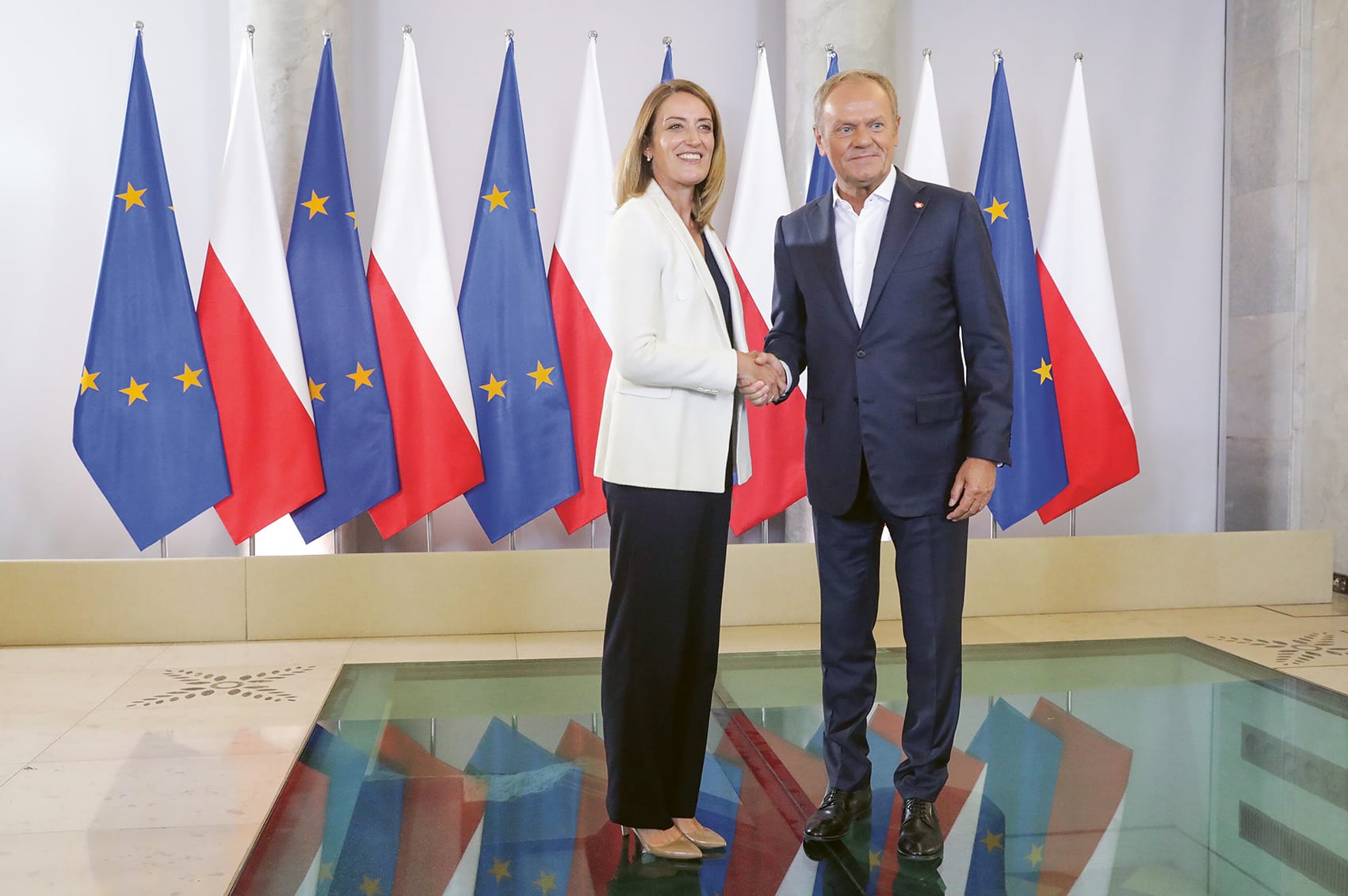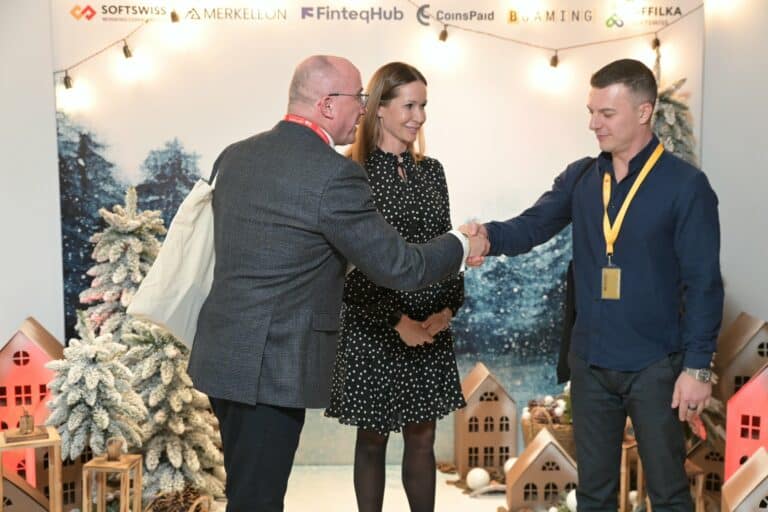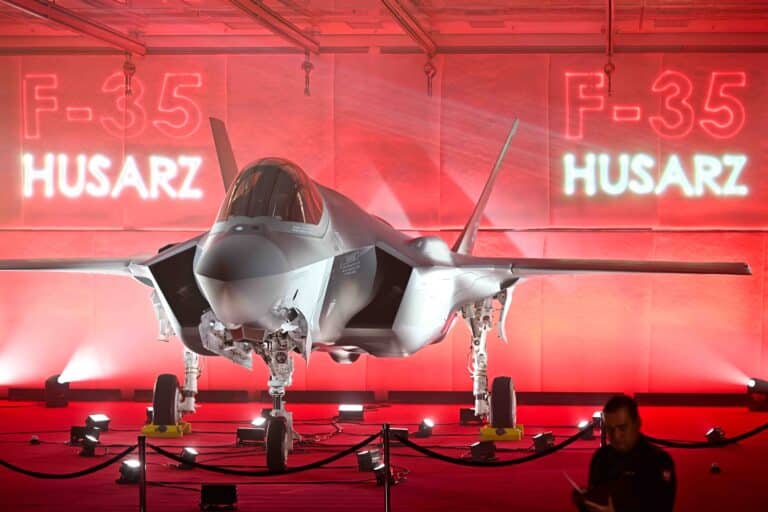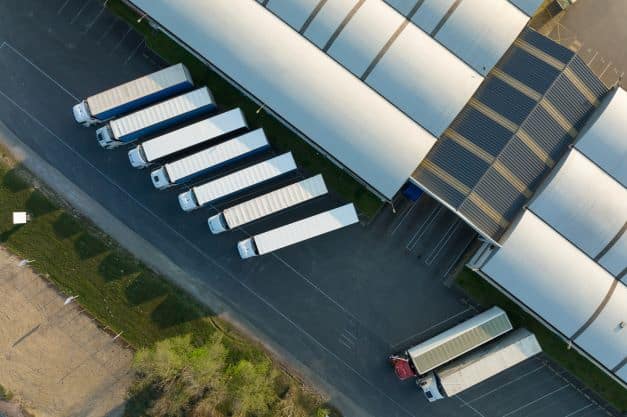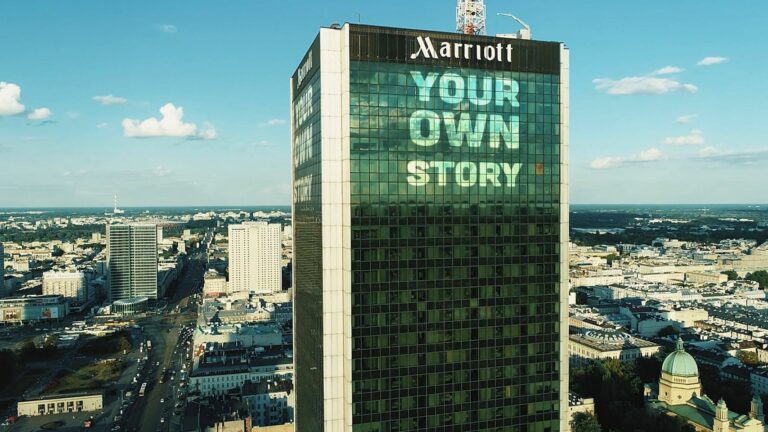Poland takes the helm in Europe
Six months of dealmaking ahead for Poland’s Prime Minister
The Polish Presidency of the Council of the European Union from January 1 to June 30, 2025, allows Poland to set the agenda for the 27-country bloc at a crucial time for the continent. Local analysts are considering whether that chance will be seized or squandered.
Poland’s time at the helm of the European Council, a body made up of the government ministers of the EU member countries, was launched with the motto, “Security, Europe”, a phrase its originators say reflects the continent’s current challenges.
Rarely has the scene been set for a bigger show-down on the international stage. The full-scale war in Ukraine is nearly three years old, and Donald Trump is coming back into the White House making promises to end the conflict which sound more like threats. Trump wants to cut the US bill for security in Europe, and few of America’s allies are ready to step up to defend the Eastern borders of NATO.
On the economic front, Europe has to get its house in order. The continent is facing massive competition for its manufacturing industries from China, while the US is leaving European rivals far behind in the IT sphere. The trade war between the world’s two largest economies is likely to have a severe impact on Europe.
Spurred on by unfriendly rumblings from Asia and the US, Europe is on the edge of a free trade agreement with the Mercosur countries—Argentina, Brazil, Paraguay, and Uruguay. The deal would provide growth opportunities for the automotive giants of France and Germany, which are feeling the pinch in China and the US. EU Member Countries which provide parts for French and German cars – particularly Poland, Czech Republic, Hungary and Slovakia, would also benefit from gains in the car and truck markets of Brazil and Argentina.
However, in return for allowing European manufacturing investment, agricultural exporters from South America would receive tariff-free access to EU markets for their cheaper, abundant produce, providing unwanted competition to EU farmers. We have already seen how the farming lobby mobilized its tractors across Europe in 2023 and 2024 in protest against Ukrainian grain imports.
The acceptance or rejection of the terms of the Mercosur agreement by national governments will be a major theme of the next six months. Farmers protests and roadblocks outside EU offices, such as the one on Warsaw’s, Jasna Street on Friday 2 January are likely to be a common occurrence. Around 1,000 demonstrators interrupted their long weekend to voice their demand that Tusk gives a five times “No” response to the terms of the agreement.
Aside from the challenges for the EU foreign policymakers, the presidency comes at a time when the traditional regional leaders, France and Germany, are experiencing major political disarray. France’s divided parliament recently got its third premier in 12 months. Germany has upcoming elections after its ruling coalition fell apart. While in the past the two nations were often in agreement over the direction Europe was to take, mostly at the expense of smaller nations like Poland, their current political weakness has led to indecisiveness or greater political expediency.
Meanwhile, in contrast, Poland’s stance in defense of Ukraine, not just by the current government, has shown vision in the face of the real security threats posed by Russian aggression.
So how will Polish Prime Minister Donald Tusk’s government steer the European Council through the next 6 months? Will his team provide new direction to the world’s most successful international trading organization’s policies or will it focus on issues that will bring much-needed popularity at home?
In his inaugural speech on January 1, Donald Tusk said that solidarity in Europe was needed more than ever.
“If Europe is powerless, it will not survive. Europe, you are lucky that at this very difficult time, Poland is to have the Presidency, because we in Poland have to find in ourselves the strength and hope and belief in our own strength, and we will have to find a sense of freedom and understanding of what Europe is all about.”
The word solidarity, imbued with a reference to the free trade union movement led by Lech Wałęsa in 1980 that opened the way to Poland and Eastern Europe’s route out of the Soviet-dominated communist bloc, could be key to how Tusk will proceed.
Rzeczpospolita daily’s Jedrzej Bielecki suggests that Tusk will focus on issues that will ensure the continuation of the European project, which will require the survival of liberal, pro-European governments, with whom Tusk has solid bonds.
Tusk, who had two spells at the helm of the European Council as its President from 2014-2022 “knows the corridors of Brussels better than anyone else.” In Bielecki’s opinion, during his presidency of the Council, Tusk was able to “provide the glue” which brought countries into agreement on an array of topics.
Firstly, survival means a defeat of the forces that could spell an end to European integration, such as the right-wing AfD Party in Germany in February. This means stealing some of their anti-immigration rhetoric by shoring up EU borders against illegal immigration.
On the home front Tusk needs a victory for the candidate he supports in the Polish elections in May, Warsaw Mayor Rafał Trzaskowski. To bring about electoral success, Tusk will try not to rock the boat too much for farmers and will oppose the Mercosur agreement, at least until the election is over. German newspapers are predicting that the deal will go through in June.
While Poland has given support to Ukrainian membership of the EU and Tusk will continue to pay lip service to advancing Ukraine’s cause, this is a long term project and will not be a priority for six months of the Polish presidency, the Rzeczpospolita analyst reckons.
However, with the number of unknowns facing Europe over the next 6 months, there are choppy waters ahead for the Polish captain.
